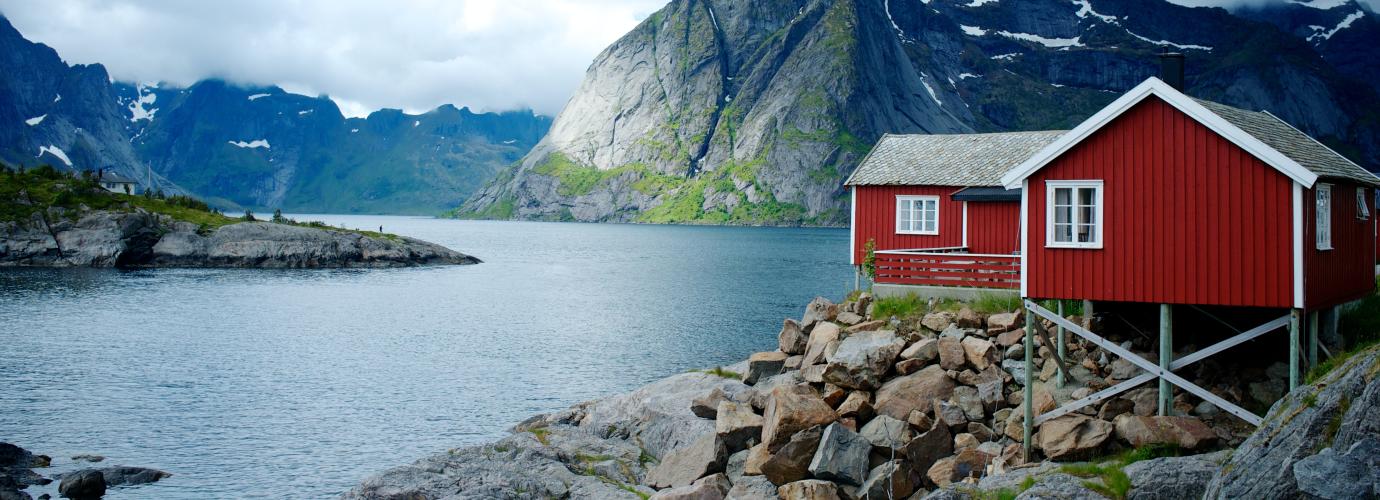Upper secondary education has more freedom than the primary and lower secondary levels to provide organisational variations and alternative structures, in adaption to the profile of the subject and within the frames of the National Curriculum.
Pupils with special needs or pupils that are hospitalized or admitted to an institution for a longer period of time are facilitated in line with the prerequisites outlined with regard to single structure education.
Distance education:
The main rule is that education shall be carried out at a school. The Education Act gives municipalities and counties the opportunity to carry out parts of the education as distance education, if conditions are met.
Politically decided courses financed over the State budget in small and costly trades:
There are politically decided courses that are offered in upper secondary education in certain regions. The politically decided courses are offered at upper secondary level. The pupils may apply for intake to a politically decided course from anywhere in the country. These courses contribute to pupils from around the country having an opportunity to attend a national course in small and/or costly education programmes no matter where in the country they live. The politically decided courses are financed through state grants, and are different from the national wide programmes that are financed by the counties. The politically decided courses are listed here. It is possible to apply for new courses or expansion of existing ones here.

